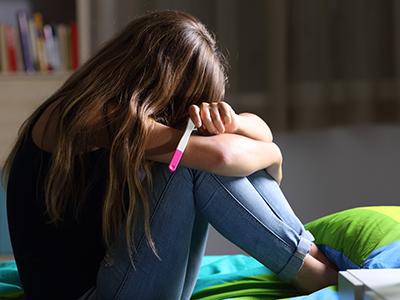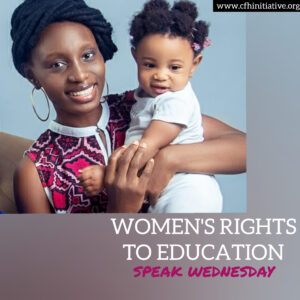SPEAK WEDNESDAY ON THE ROLE OF LITERACY IN COMBATING GENDER BASED VIOLENCE AGAINST WOMEN
Gender-based violence (GBV) is a serious issue affecting millions of women worldwide. It includes physical, sexual, emotional, and psychological harm, often linked to deep-rooted gender inequalities. While legal reforms and social programs are crucial in tackling GBV, one of the most powerful tools in this fight is literacy. Improving literacy, especially among women, can play a critical role in reducing GBV and addressing the broader issue of gender bias.
How Literacy Can Help Reduce Gender-Based Violence
1. Awareness and Empowerment
Literacy gives women the ability to access information about their rights and the resources available to help them. Many women who experience violence are unaware of their legal protections or how to seek help. By being able to read and write, women can better understand their options and take steps to escape abusive situations. Literacy also provides a sense of confidence and self-worth, helping women stand up against violence and assert their rights.
2. Shifting Cultural Norms
Cultural attitudes that reinforce gender inequality are a major driver of GBV. Literacy plays a role in challenging these harmful norms. Educated women are more likely to question practices such as child marriage, domestic abuse, and gender discrimination. Men who are educated also tend to have more respect for women and are less likely to engage in violent behaviour. In societies where literacy programs are introduced, there is often a noticeable shift toward gender equality and lower rates of GBV.
3. Economic Independence
One of the reasons many women remain in abusive relationships is their financial dependence on their abusers. Literacy can change this by improving women’s access to better job opportunities and giving them the skills to manage their own finances. When women can earn an income and support themselves, they are less vulnerable to violence and more capable of leaving abusive situations.
4. Creating Safe Spaces for Women
Literacy programs often serve as community hubs where women can come together to learn and share experiences. These programs can also be platforms to discuss sensitive issues like GBV in a safe, supportive environment. By raising awareness of GBV and providing practical solutions, such as legal advice and access to shelters, these programs help women seek the support they need.
Literacy is more than just the ability to read and write—it is a tool for empowerment, economic independence, and social change. When women are literate, they are better equipped to challenge violence, defend their rights, and break free from abusive relationships. As a key part of the fight against gender-based violence, literacy programs offer a path to safety and equality for women everywhere.
Speak Wednesday is an initiative of CFHI to address issues around gender-based violence and gender bias.
References:
1. World Health Organization (2021). Violence against women prevalence estimates. Available at: https://www.who.int
2. UNESCO (2020). Education transforms lives. Available at: https://en.unesco.org/themes/education
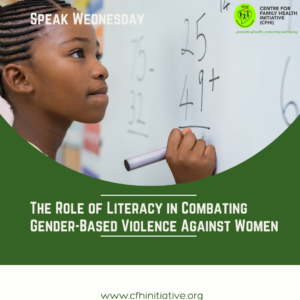
SPEAK WEDNESDAY ON THE ROLE OF LITERACY IN COMBATING GENDER BASED VIOLENCE AGAINST WOMEN Read More »

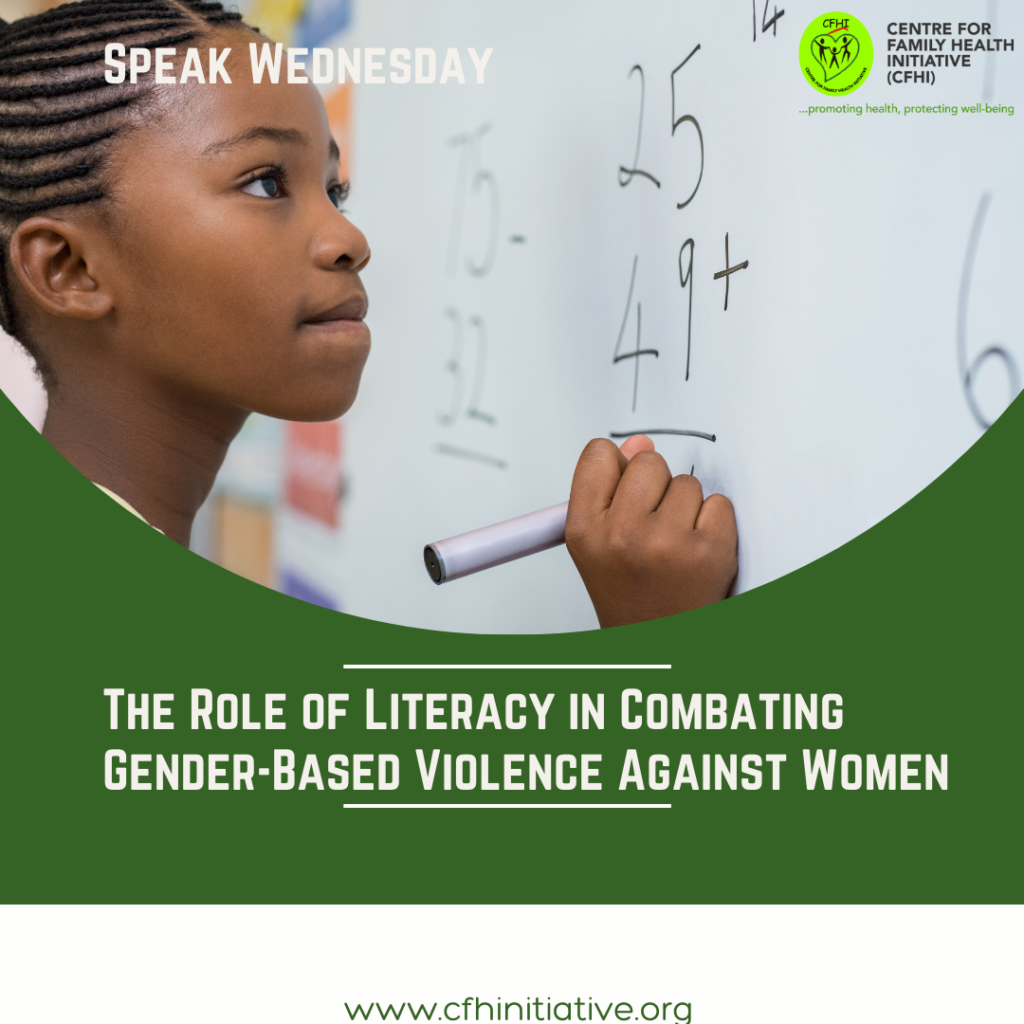
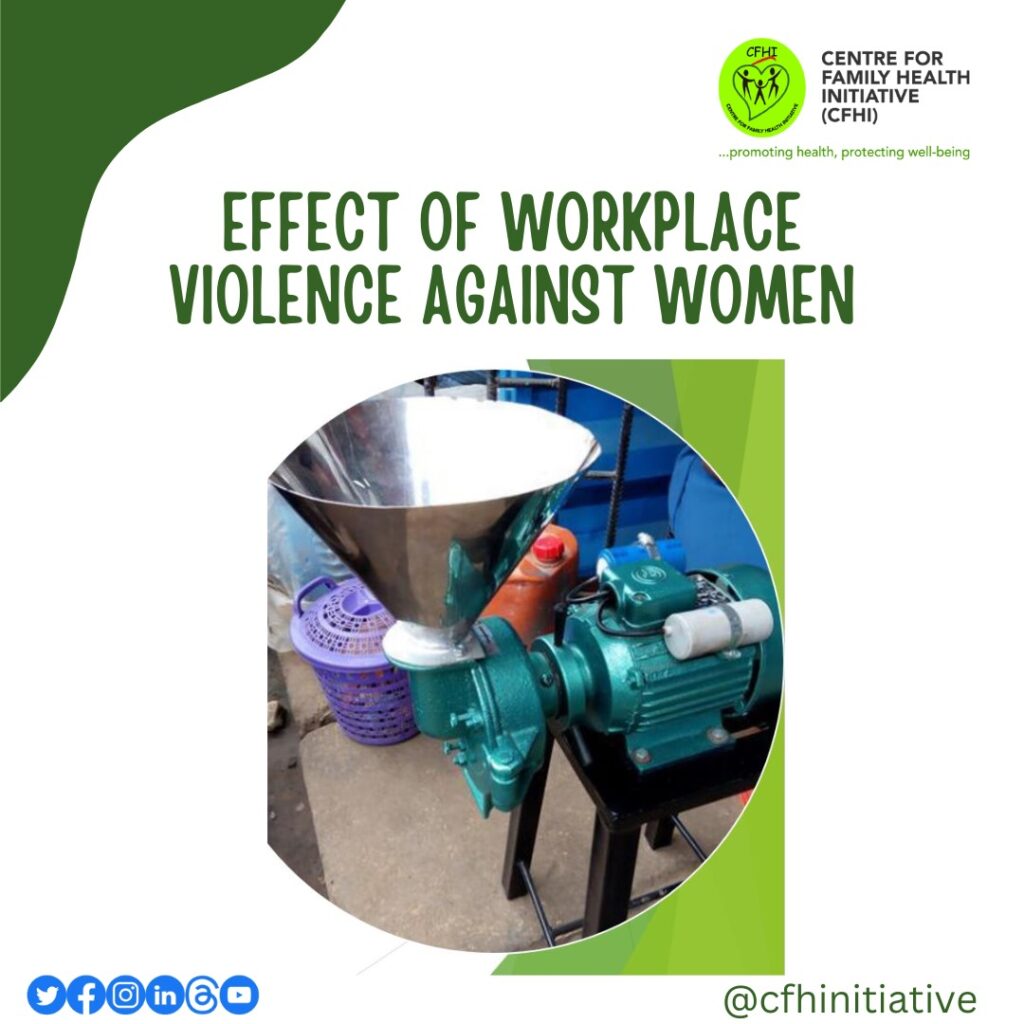
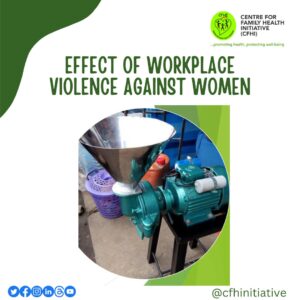
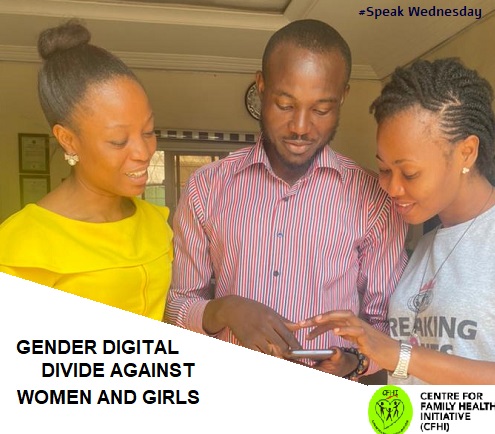
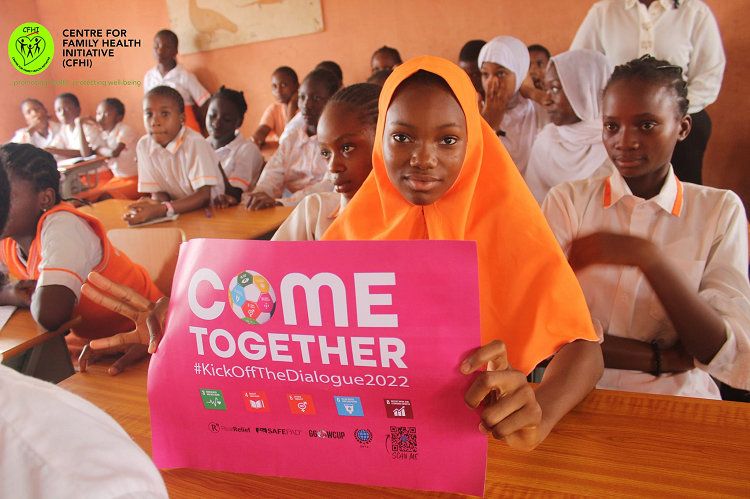


 Child marriage is a widespread violation of human rights. It is an impediment to social and economic development, and it is rooted in gender inequality. The low value placed on girls and women brings about the act and acceptability of child marriage in societies where the practice is common. According to UNICEF, Child marriage refers to any formal marriage or informal union between a child under the age of 18 and an adult or another child. Child marriage is principally practiced in the rural and poor communities where young girls are regarded as economic burden and quickly married off to assuage household expenses.
Child marriage is a widespread violation of human rights. It is an impediment to social and economic development, and it is rooted in gender inequality. The low value placed on girls and women brings about the act and acceptability of child marriage in societies where the practice is common. According to UNICEF, Child marriage refers to any formal marriage or informal union between a child under the age of 18 and an adult or another child. Child marriage is principally practiced in the rural and poor communities where young girls are regarded as economic burden and quickly married off to assuage household expenses.
